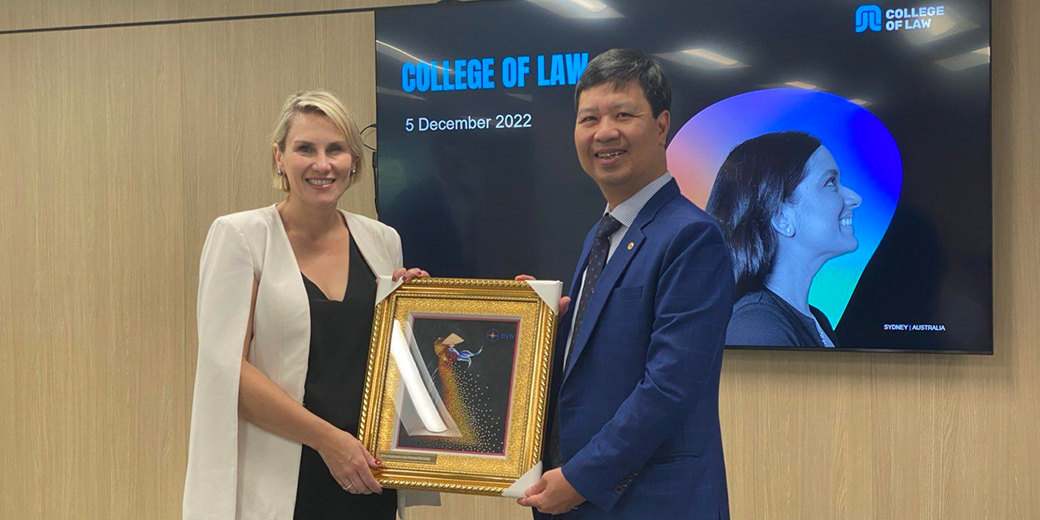Developed by the LAWASIA Human Rights Committee, the Manual on the International Right to Remedy is a comprehensive resource that offers practitioners, academics and policymakers a clear and practical guide to the evolving landscape of the right to remedy under international law.
The College of Law provided extensive editorial support on the Manual and is proud to have contributed to this important resource.
The Manual was drafted in response to LAWASIA’s growing concern that the rule of law continues to be challenged and its preservation requires new approaches, including reaching beyond domestic fora.
The legal profession plays a fundamental role in enhancing access to justice and preserving the rule of law. The LAWASIA Manual on the International Right to Remedy supports this role. The Manual is a valuable resource that comprehensively sets out how redress can be sought in different forums and guides the profession in seeking redress when local avenues have been unsuccessful.
As explained by Shyam Divan, Immediate Past President of LAWASIA, the Manual digests the wealth of information surrounding international right to remedy and provides a single, accessible resource for practitioners to turn to.
“Following the release of the LAWASIA Toolkit on Business and Human Rights in 2018, there was a strong commitment to build further on the material and contribute to the United Nations Sustainable Development Goal 16,” Shyam Divan says. “SDG 16 is a global goal that seeks to promote peaceful and inclusive societies for sustainable development. By the year 2030, the world community is committed to provide access to justice for all and build effective, accountable and inclusive institutions at all levels.”
Beyond being a reference tool, the Manual aspires to encourage dialogue within the profession, prompting reflection on how remedy mechanisms are working, where they can be strengthened, and how collective expertise can make them more accessible and effective.
“LAWASIA envisions the manual as a living, collaborative document that will continue to grow through contributions from member organisations, and facilitate action, particularly when domestic avenues prove inadequate,” Shyam Divan explains.
Dr Tahlia Gordon, Strategic Projects Lead at the College of Law, led the Manual’s editorial team. Noting the College’s lengthy collaboration with LAWASIA, Dr Gordon stated:
“The Manual provides valuable insights for those working to protect and promote human rights across the region and beyond. By providing key principles, case studies and comparative approaches, the Manual is a much-needed practical tool.”
Please access the manual here.
Media contact:
Jacqui Thompson
Mb: 0403 776 017
Email: jthompson@collaw.edu.au




